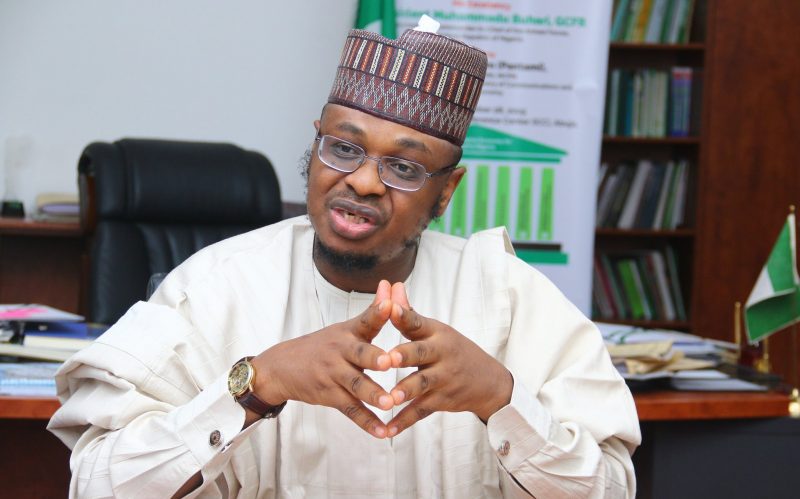President Muhammadu Buhari has signed into law the Nigeria Start-up Bill 2022.
The Minister of Communications and Digital Economy, Prof. Isa Pantami, confirmed this to State House correspondents shortly after the president appended his signature on the bill to become an Act.
According to Pantami, the new Act will come into effect with so many economic benefits for the country.
“On behalf of my principal, the President of the Federal republic of Nigeria, Muhammadu Buhari, I am here to brief you about his assent to the Nigeria Start-Up bill today, being Oct. 19, 2022.
“The President has assented to the bill and also conveyed to the relevant institutions of government for gazetting.
“We are all excited knowing the benefits that our economy is going to generate from the Act,” he stated.
Pantami explained that the bill, which emanated from the executive arm of government, was passed by the Senate on July 27 and the House of Representatives on July 28, 2022.
He said the bill was the outcome of engagements with young innovators and start-ups across the country.
“This bill was an executive bill that was initiated by the President through the office of his Chief of Staff in collaboration with the Ministry of Communications and Digital Economy.
“The two offices coordinated and established the foundation for the Nigeria Start-up Act 2022.
“The approach we adopted was to allow our young start-ups, our young innovators all over the country to identify the challenges they were confronted with in regards to intellectual property, financing, regulation and incentives, among others.
“So, young innovators were engaged across the country through their geo-political zones, where we encouraged them to voice out their challenges with regards to the ease of doing business.
“And from their inputs, we discovered there was the need to have Nigeria start-up Act in place so that it will provide the enabling environment for them to continue to thrive and be successful,” he added.
The minister noted that the digital economy sector had contributed a lot to the economy of Nigeria, adding that in the first quarter of 2020, the ICT sector contributed 14.72 per cent to the nation’s GDP.
“In 2021, this administration set up a new record by contributing 17.92 per cent to our GDP; this year in the second quarter of 2022, another record was set, with the ICT contributing 18.44 per cent to our GDP. These are all new records,” he said.
According to the minister, the new law will now provide the legal and strategic framework for the growth of the sector.
It also provides for the establishment of a Presidential Council to be called the National Digital Innovation and Entrepreneurship Council, to be chaired by the President, with the Vice President of the country as Vice Chairman.
He said that the Minister of Communications and Digital Economy would preside over the council in the absence of the president and vice-president.
He added that the ministers of Finance, Budget and National Planning; Industry, Trade and Investment; Science and Technology, among others, are members of the council.
According to Pantami, there are provisions for a minimum investment fund of N10 billion and other incentives that will be disbursed to start-ups to encourage them.

